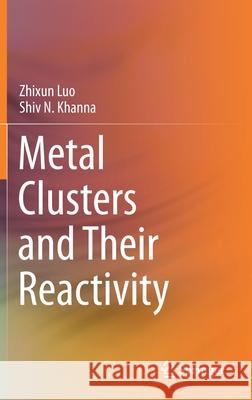Metal Clusters and Their Reactivity » książka
topmenu
Metal Clusters and Their Reactivity
ISBN-13: 9789811597039 / Angielski / Twarda / 2020 / 267 str.
Metal Clusters and Their Reactivity
ISBN-13: 9789811597039 / Angielski / Twarda / 2020 / 267 str.
cena 644,07
(netto: 613,40 VAT: 5%)
Najniższa cena z 30 dni: 616,85
(netto: 613,40 VAT: 5%)
Najniższa cena z 30 dni: 616,85
Termin realizacji zamówienia:
ok. 16-18 dni roboczych.
ok. 16-18 dni roboczych.
Darmowa dostawa!
Kategorie BISAC:
Wydawca:
Springer
Język:
Angielski
ISBN-13:
9789811597039
Rok wydania:
2020
Wydanie:
2020
Ilość stron:
267
Waga:
0.57 kg
Wymiary:
23.39 x 15.6 x 1.75
Oprawa:
Twarda
Wolumenów:
01
Dodatkowe informacje:
Wydanie ilustrowane











